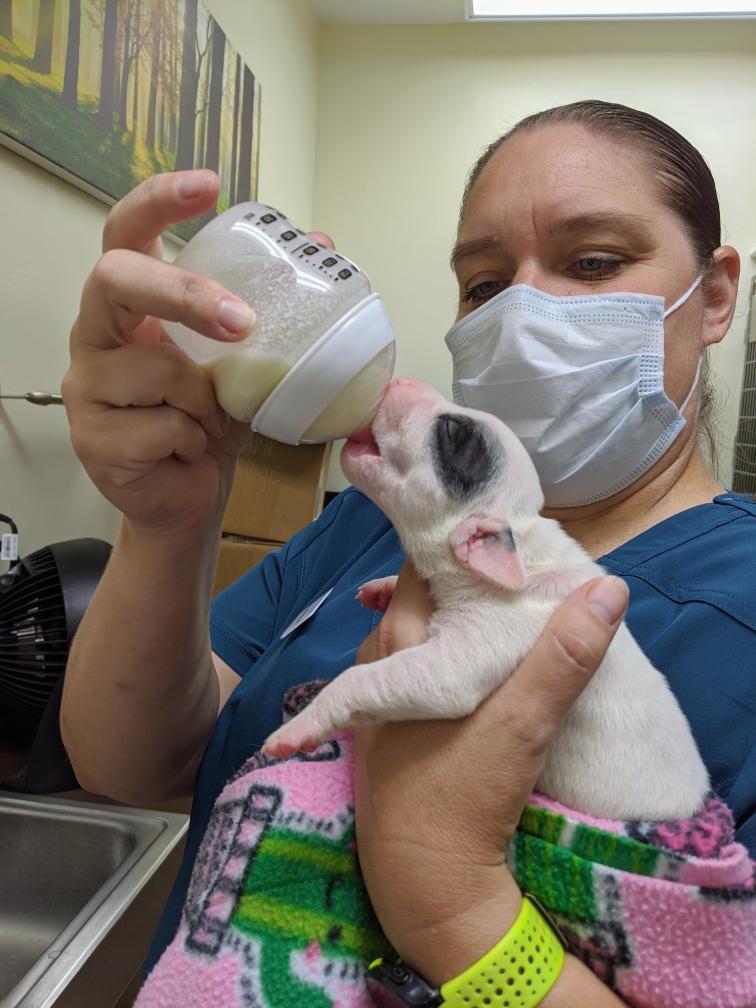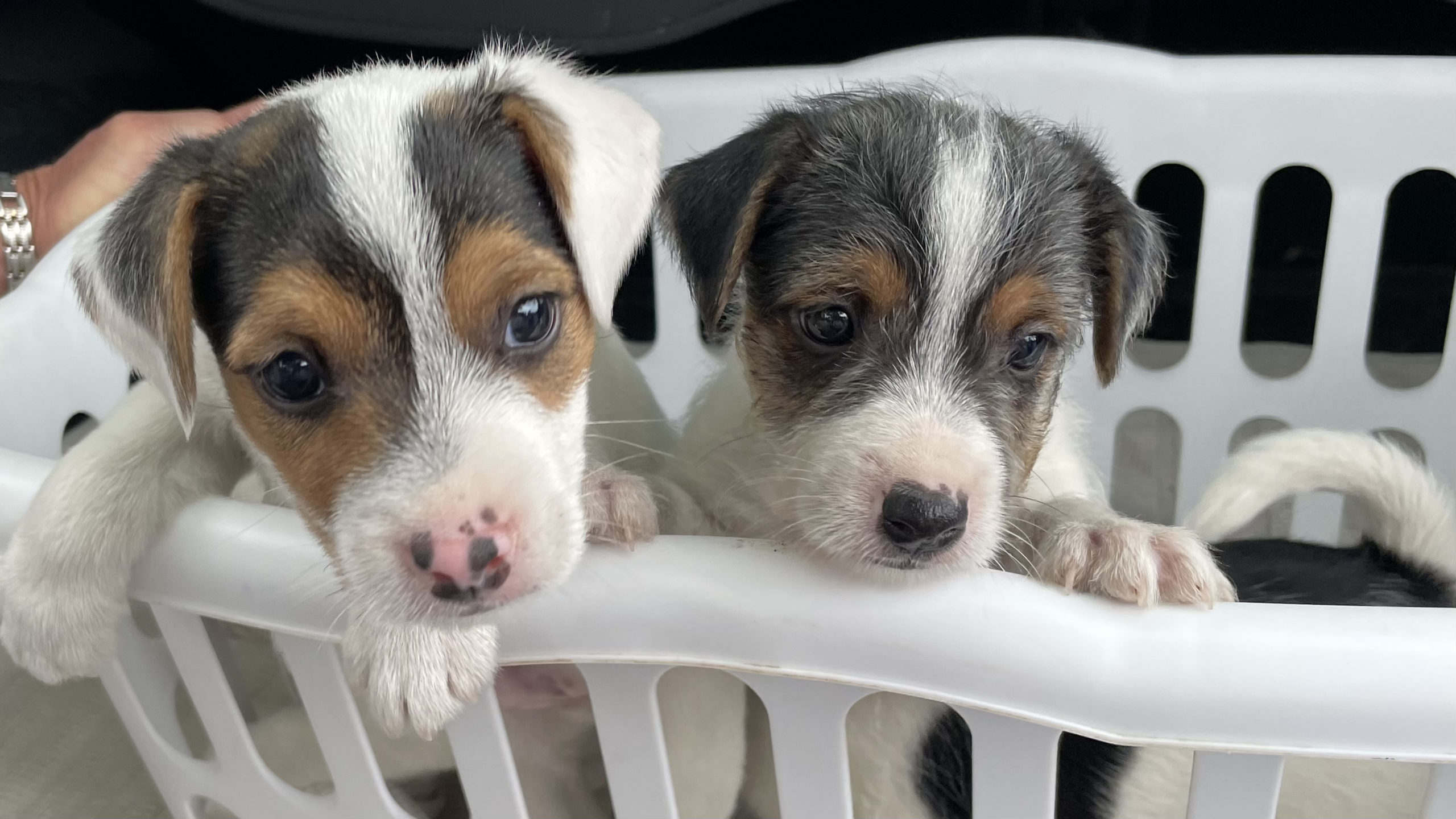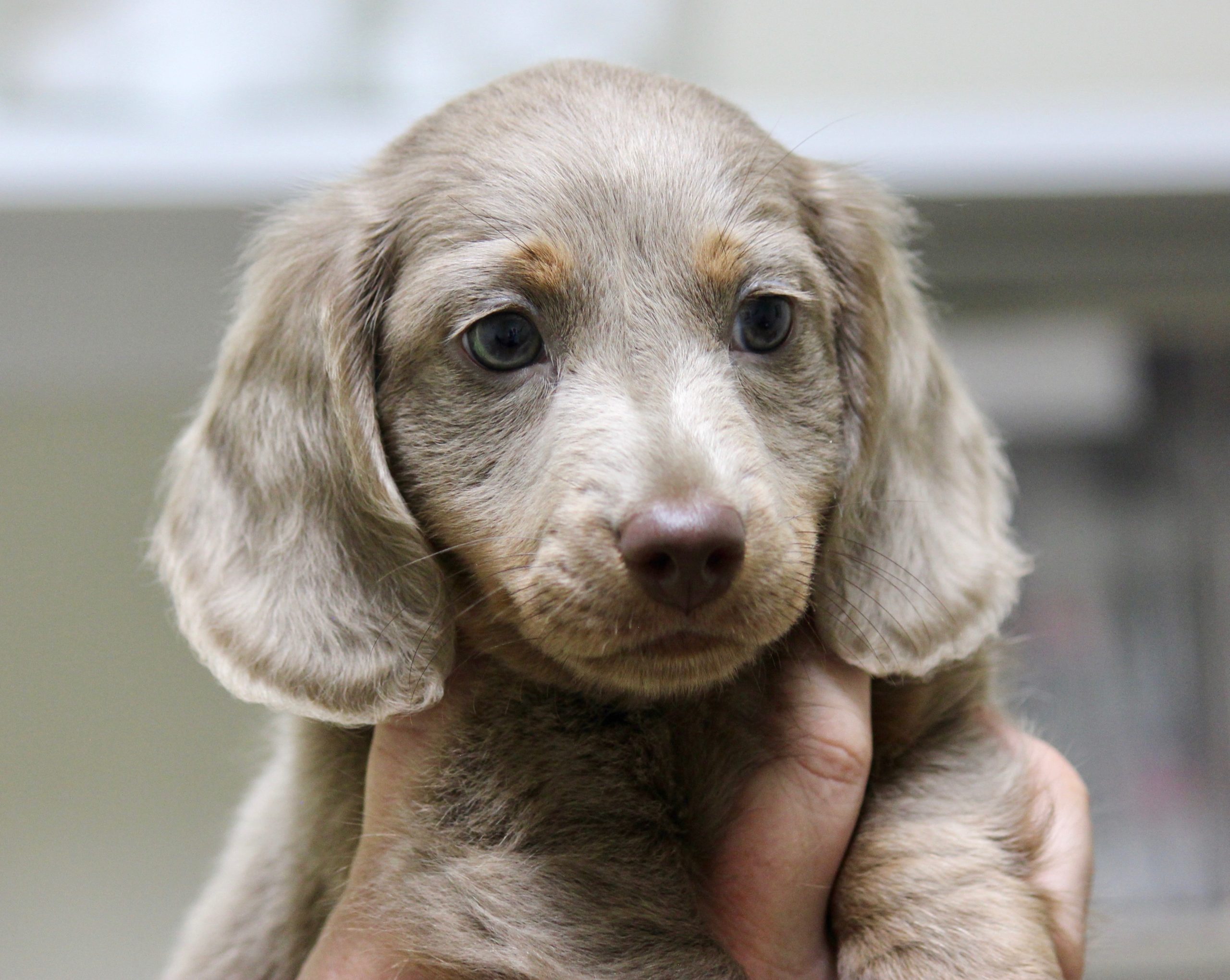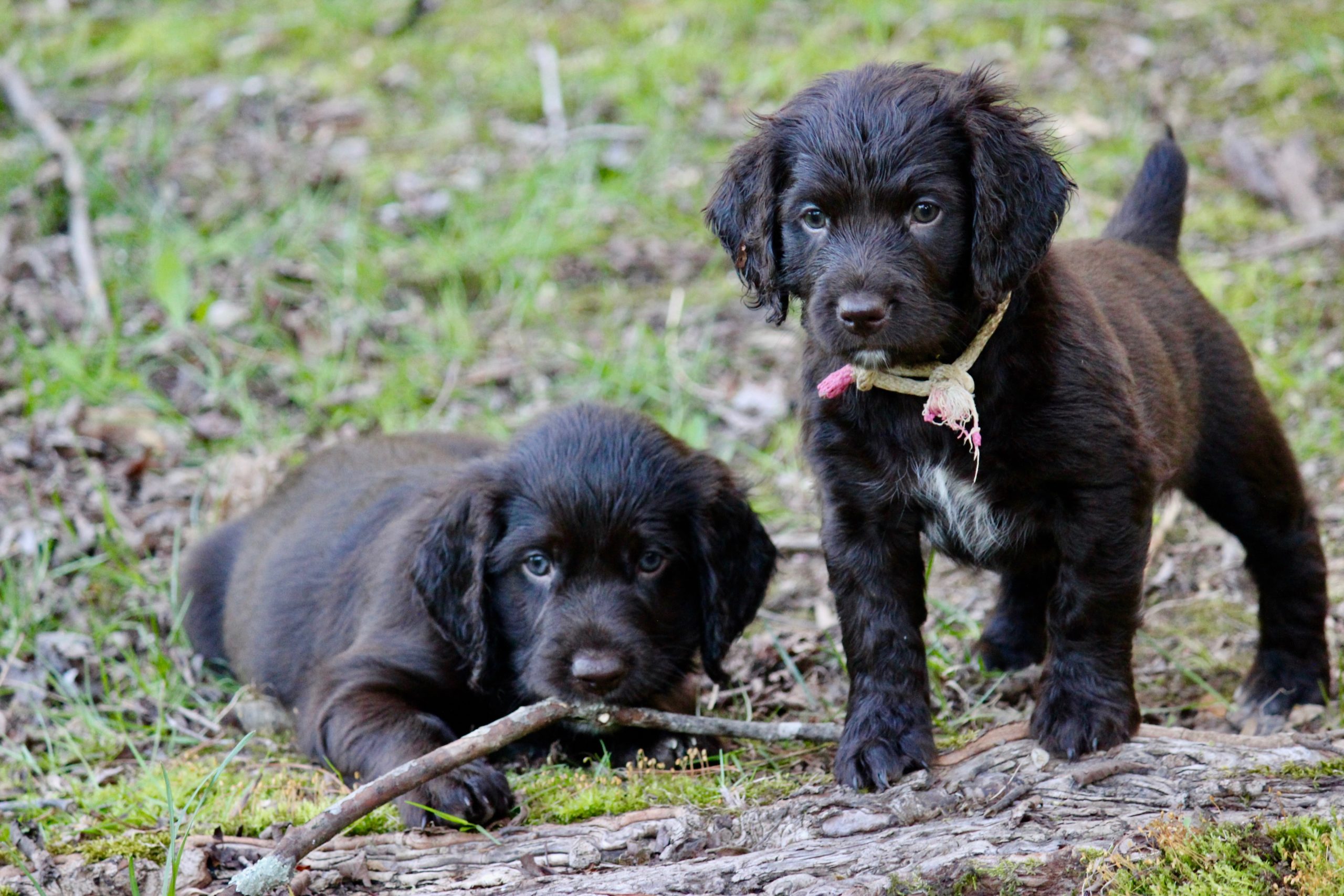Want to have an amazing dog? Socialize your puppy!
Puppies are full of promise. Each adorable new puppy has the potential to be our joyous companion for years. Yet all too often the sweet, friendly, outgoing puppy grows up to be a shy, overreactive adult dog; fearful in new situations and prone to anxiety, noise phobia, and sometimes even aggression. These behaviors can make living with dogs challenging and sometimes less than joyous.
How can we ensure our puppies grow up to be the dogs of our dreams? Socialize them! What exactly does this mean? The answer lies in the extraordinary ability of the young puppy to take in and make lasting impressions about the world around them. These impressions, to noises, places, things, animals, and activities will either be negative, “Oh man! That was so scary!” or positive, “Yay! I got cheese!” That’s where we come in.
Our job is to introduce our puppies to everything they will or might encounter in their lives in a positive way.
How do we make things positive for puppies? Basically by giving them food! Food is good. Food makes new things good. Pairing novel things with food generally makes puppies happy with that novel thing, but there are some subtleties. We do need to observe our puppies for signs of fear or anxiety. Watch their body language. Are they wagging their tail, happy and wiggly or are they cowering, hiding behind your legs, and worried?
So, when to “treat” and when to retreat? If your puppy is engaged, calm, and happy with a new situation, person, another animal, object, or noise, give a treat and praise. If your puppy is nervous and backs away, wait for your puppy to start to investigate, and then treat and praise. Basically, if your puppy is scared, you should retreat and try a slower approach after the puppy is no longer anxious.
Remember that you are not only positively reinforcing happy behavior, but you are also trying to change your puppy’s emotional response with praise and food. That said, no amount of food or praise can soothe a truly terrified puppy. We need to be savvy about the things that might be too scary or overwhelming for our individual puppies and introduce these things gradually, without evoking fear or anxiety.
Most puppies get accustomed to things within their own home quickly. They are generally confident in the home because they know it. That is to say, they have become socialized to it. It is a very common mistake to think if puppies are fine within the home then they will be fine in other situations. Not so. If puppies are not actively socialized to the world outside their home, they will not know it and will be more likely to react with anxiety, fear, or even aggression as adults.
We all get better at what we practice and our dogs are no exception. If we guide our puppies to practice calm, happy interactions, they become more calm and happy. Intervene early to help a nervous, fearful puppy, or they will become yet more nervous and fearful. They will not “grow out of it”.
Take advantage of the time up until sixteen weeks of age in which the puppy is most open to learning and when lasting impressions are made. Use a socialization checklist and practice one item daily. Engage in a deliberate program of social and environmental exposure that continues for the first year of life.
Waiting to socialize puppies until they are fully vaccinated puts them at risk for behavior problems as adults. In fact, statistics show us that more dogs under three years of age lose their lives due to behavioral issues than due to all infectious and noninfectious diseases combined.
Puppies receive vaccinations every 2-4 weeks from 8 weeks until at least 16 weeks of age. Your puppy will receive vaccines based on lifestyle and risk factors. (put up in socialization section?) Do not wait until your puppy is fully vaccinated to start your socialization program. Check out the AVSAB Position Statement on Puppy Socialization
Socialization gives dogs confidence. Puppies that have been socialized grow to become dogs that are easier and safer to live with, and are more relaxed, peaceful, and happy. Maximize your puppy’s potential through socialization and be rewarded with an amazing dog!
Please take time to review the information on the links below regarding socialization from the American Veterinary Medical Association and the American Veterinary Society of Animal Behavior.
AVMA Welfare Implications of Socialization of Puppies and Kittens
We are here to help! Here are some common discussion points. Please feel free to engage our doctors and staff if you have any questions.
- Socialization – use a socialization checklist and prioritize this very important topic.
- Internal parasite control – Most puppies have GI parasites and should receive a minimum of two doses of deworming medication.
- Fecal Testing -A fecal test looks for microscopic evidence of parasitic infection. Why are we doing it? To help make sure your puppy is free from parasites and so not able to infect other pets or people, or to contaminate the environment. We May discover organisms not typically treated by the common puppy worming medication. We also want to recheck a fecal to make sure a worming medication has successfully cleared a previous parasitic infection.
- Vaccines – Puppies receive vaccinations every 2-4 weeks from 8 weeks until at least 16 weeks of age. Your puppy will receive vaccines based on lifestyle and risk factors. (put up in socialization section?) Do not wait until your puppy is fully vaccinated to start your socialization program. Check out the AVSAB Position Statement on Puppy Socialization
- Microchip – Less than 20% of lost dogs are reunited with their owners. Increase these odds with a microchip that provides a secure, reliable, and permanent ID. If your puppy already has a microchip, make sure you are registered to it and your information is updated if you change addresses or phone numbers.
- Timing of spay/neuter – 8 to 10 months, OR after the first heat cycle, OR after one year of age. Breed, size, and family preferences are all factors to consider to determine the best timing for your puppy.
- Parasite prevention – Heartworm preventative monthly. Oral flea and tick prevention monthly or the Seresto Collar. Provide both all year round.
- Diet- Feed “puppy”, “growth”, or “safe for all life stages” diets to puppies. Visit the American College of Veterinary Nutrition, (acvn.org) for commonly asked questions about pet nutrition.
- Grooming/handling- Practice brushing and nail trimming with short sessions daily and with lots of praise and treats. Gently handle all body parts, especially the ears, mouth, feet, and tail.
- Dental care- Start early with Veterinary Oral Health Council approved products, (vohc.org). Start by gently rubbing the teeth and gums, then move up to dental wipes.
- Crate training- Check out fearfreehappyhomes.com under training; “Teach your dog that crates are great!”
- House training- again, look at fearfreehappyhomes.com under training; “How to housebreak your puppy the fear-free way.
- Obedience training- Puppy Classes with positive training methods are preferred. We recommend “Puppy Start Right” by Kenneth and Debbie Martin for at-home training. Always leash train your puppy!
- Pet Health Insurance – As more people consider pets part of their family, the quality and options in veterinary care improve. However, as a result, the cost of veterinary health care is increasing. Consider a pet health insurance to protect your pet and your finances in case of unforeseen accidents or illnesses. Do you need pet insurance?
- Avoid dangerous rodent bait and use this instead Rodent Trap from Home Very Often





